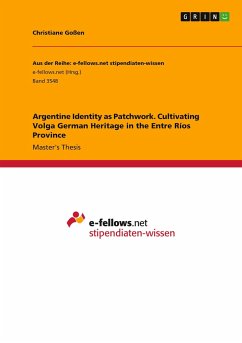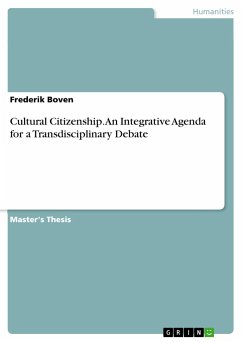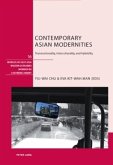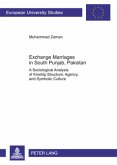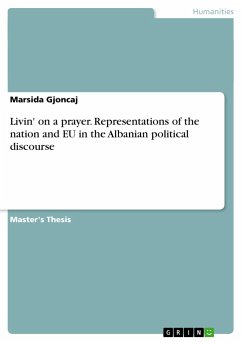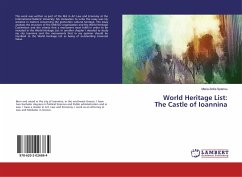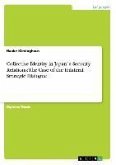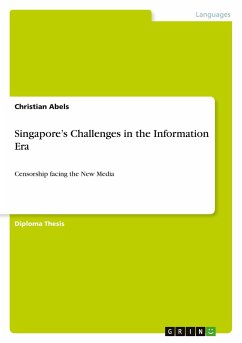Master's Thesis from the year 2016 in the subject Cultural Studies - Miscellaneous, grade: 1,7, University of Cambridge (Centre of Latin American Studies), language: English, abstract: This thesis introduces the concept of patchwork identity, which is not only applicable to the case of the Volga German descendants, but also to other members of Argentine society. Patchwork identity marks a distinction from the traditional theories of hybridity and demonstrates how identity is actively created, performed and modified. The descendants of the Volga Germans serve as an example of an ethnic group that has become part of Argentine society in the past century.The Volga German Argentines' ancestors migrated from the South of Germany to the Russian Volga River in the 18th century, and then settled in agricultural colonies in Argentina in the late 19th century. Unlike Italian or Spanish descendants, the Volga German Argentines have not received much academic attention, which is the reason for this thesis to explore their customs and rituals and, ultimately, their unique identity formation through fieldwork and interviews with village inhabitants, local government officials and journalists.Initially, the theoretical framework was based on the notion of hybridity, which did not prove to be entirely suitable and required an extension. In postcolonial studies, hybridity usually presupposes the existence of a colonising and a colonised culture which consequentially mix with each other. The Volga Germans in Argentina have never been colonisers, instead entering an existing Argentine cultural sphere as immigrants and merging their own traditions and values into it. However, there is not one Volga German Argentine identity in the villages of Entre Ríos. All interviewees cultivate different imaginaries of their ancestors' past and their own present, and on these bases, they shape their individual identities.The main body of this thesis is dedicated to the case study from which the assessment of patchwork identity has evolved. Patchwork identity is both shaped and performed; therefore, the Volga German Argentines' displays of cultural heritage including dance, theatre and music, as well as their practising of rituals are analysed.

